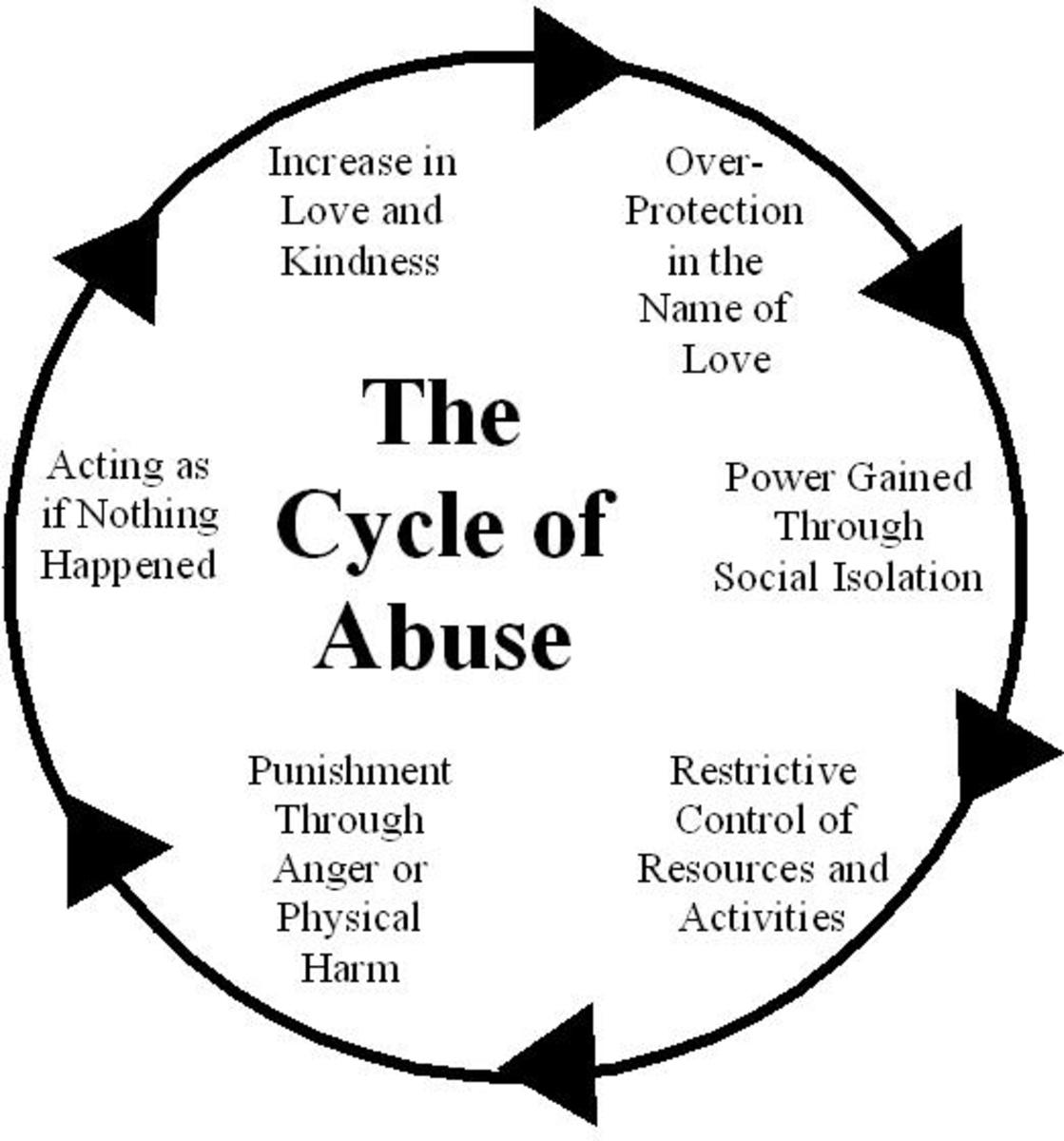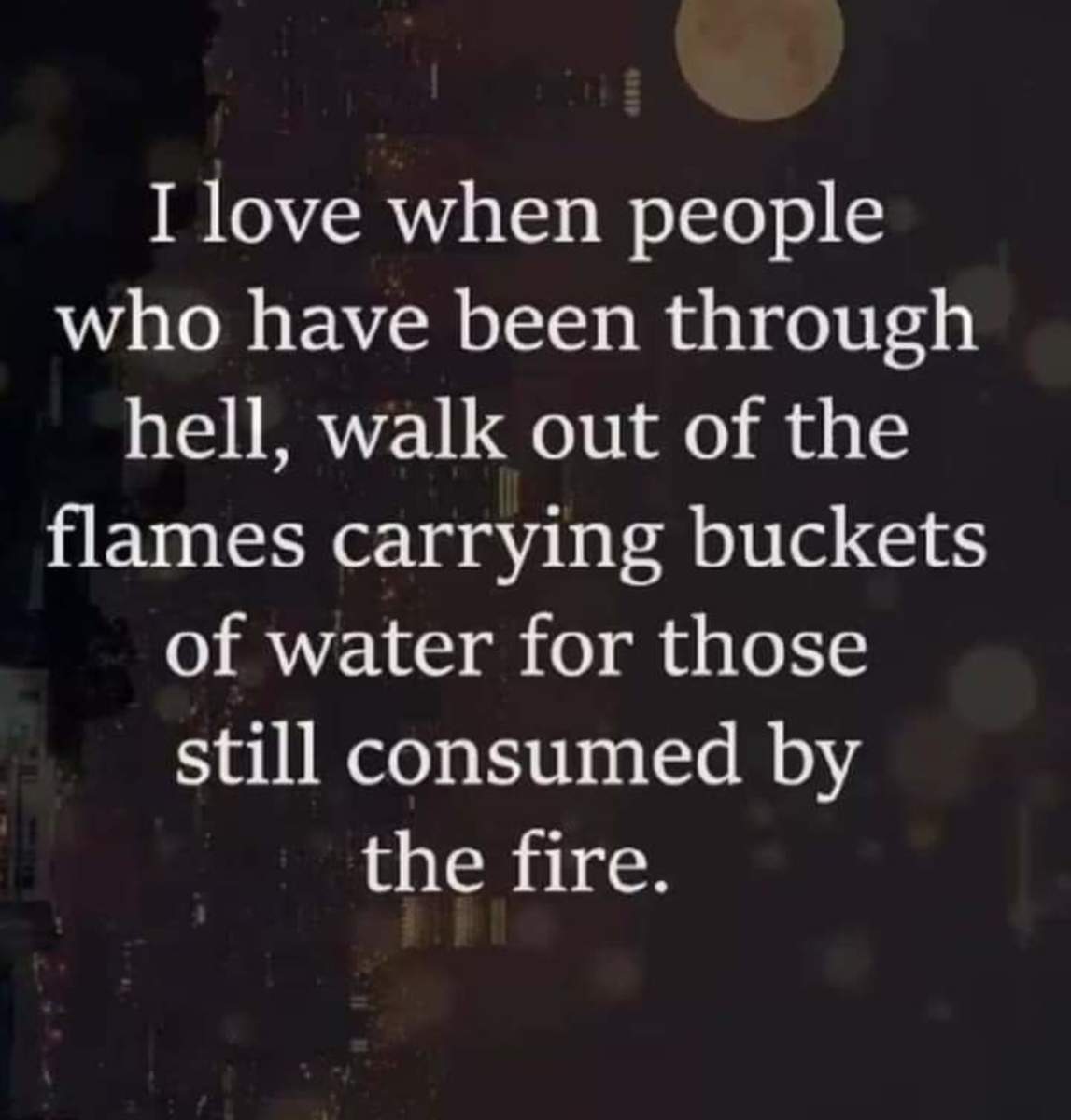Eyewitness To Abuse: What Should You Do?
Ray Rice knocking out his wife (then fiancée) in a hotel elevator is difficult to watch but is certainly nothing unfamiliar. Seeing it happen is what makes it so horrifying. And as hard as it is for us to see the video of this huge man hit her on repeat all day, knocking her out with little effort, I have to wonder how they honestly feel when they see the playback.
Every time the domestic abuse pot is stirred, in the news or in my every day life, I am taken back to a season when I was called to testify (on the things I witnessed) in the murder trial of a friend who was beaten to death by her husband. After all this time, it’s still so very fresh.
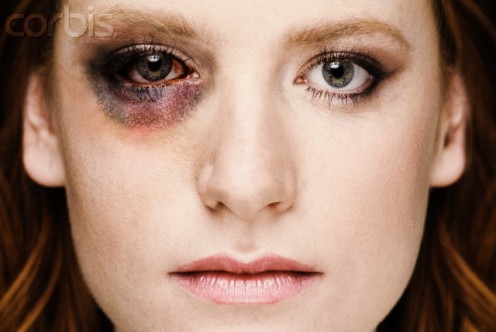
But, I digress...
I don’t really want to get into a discussion about abuse itself, why people do it or why they stick around when they’re being victimized. Neither do I want to debate whether physical abuse and murder happens more frequently against women by men or the other way around. It doesn’t matter because both are despicable. And a discussion on misogyny is never-ending so I don’t want to journey down that path either.
What I would like to discuss, however, is what someone should do when they bear witness to abuse.
It’s not an easy question to answer and neither is it an easy decision to make once you’re faced with making it. There are also many variables to consider, such as:
- Are the people strangers, acquaintances, close friends or family members? This matters greatly as it should.
- Is it verbal, emotional or physical abuse? It’s safe to say that the response to the type of abuse, if you chose to respond, would and should be different.
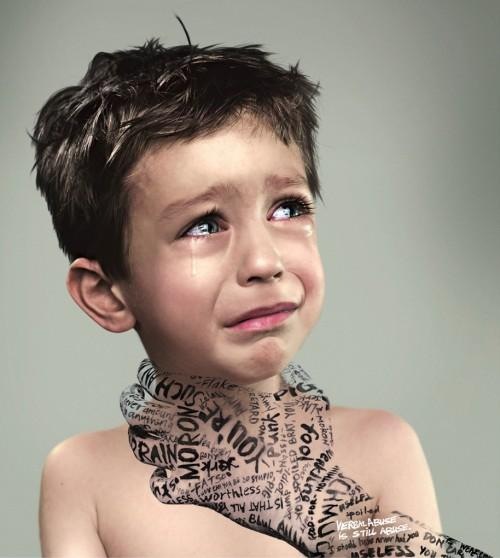
If you don’t know the people and physical abuse is taking place, a simple call to the police while remaining anonymous is a standard and acceptable response. But things get complicated when you know, or are related to, the people engaged in the physical altercation. What do you do? Should you turn a blind eye? Speak up and run the risk of becoming abused yourself or ruining your relationship with one or both of them? And it’s sad to say that things become even more complicated when the abuse isn’t physical, but is emotional, sexual or verbal. And more complicated still, when the victim(s) is a minor.
Let’s face it; no one wants to disrupt the order of business or the flow of things. And the person who speaks up is doing just that. It’s an unpopular position to be in and it takes a certain level of bravery to shine a light on the ugliness of it all.
Is speaking out the thing to do?
Should you confront and shed light on the situation?
Should you run the risk of ostracizing yourself from the group or family?
Would you speak up if someone in your family was abusive or being abused?
Would you uncover the dirty secret if both the abused and abuser were people you cared about?
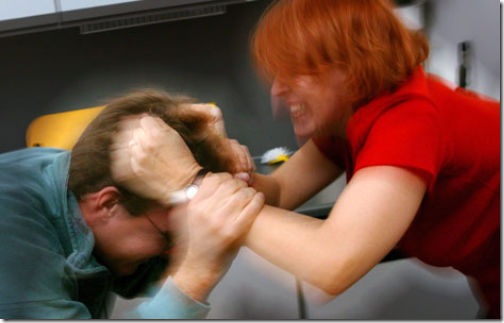
When everything is hypothetical, it’s easy to give a resounding YES to these questions, but is it ever as simple as that? Create a scenario in your mind using the people in your life and ask, what if? Put situations and consequences in place of your real life and ask, what if? And then follow with, “What would I do?”
I would love to declare that every one should get involved and speak up when they witness someone being abused. It sounds very noble and upstanding but the truth is, not everyone has the wherewithal to involve him or herself. It’s a sad truth, actually. And for those of us who have the nerve and the balls, we can’t allow ourselves to become frustrated with the rest.
If you have thoughts or experiences you'd like to share, I would greatly appreciate them.





